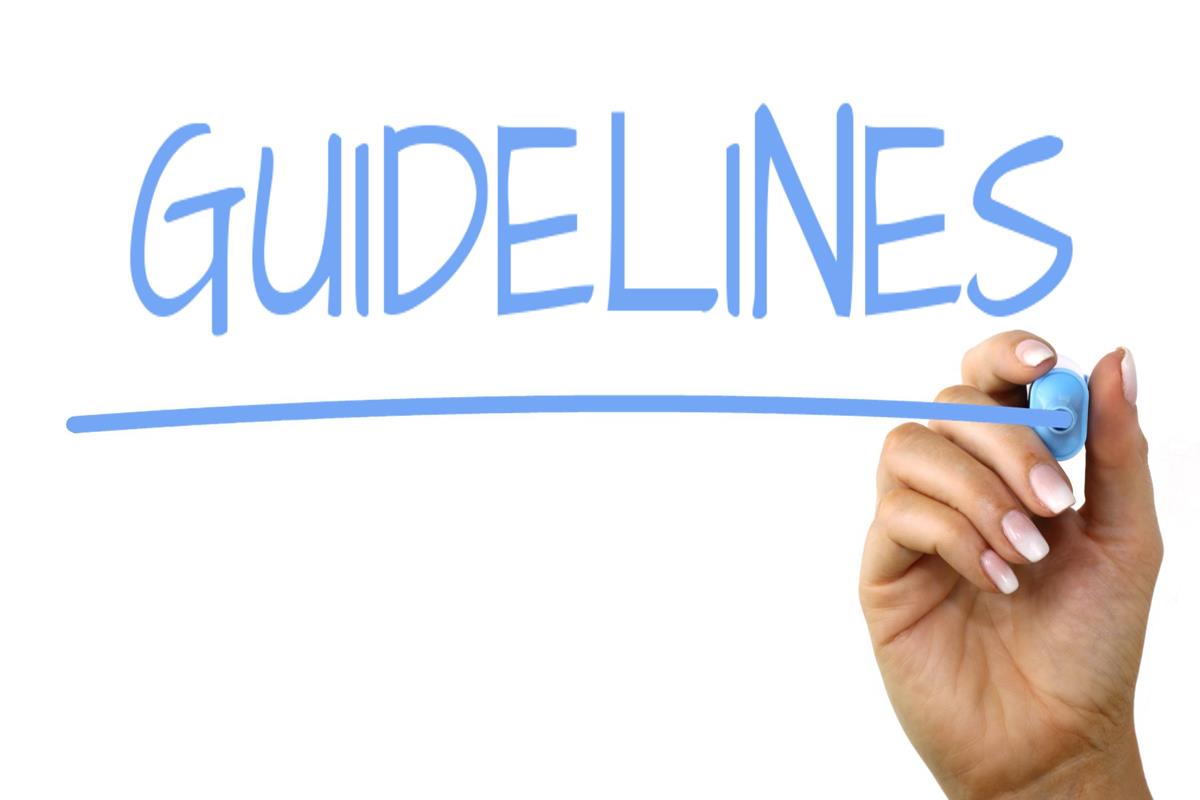
Getting your money back from a debtors is important for your business, but that doesn’t mean you or the debt collection agency you hired can harangue, threaten, or harass them. Moreover, you as a creditor can even be held liable by the law in case your debt collector harasses your borrower, as well as uses other unethical means in collecting your money.
You’ve sent so many invoices to a client or customer that you’re at the edge of your patience. You want your money back, but you simply don’t have the time nor the energy to hound them any longer. So you hire a debt collection agency to do the job for you.
But hiring a debt collection agency does not mean that you’re free from legal liabilities that might arise if the company uses harassment or any other unethical practices in their engagement with your client or customer. Before you hire a debt collection agency in Melbourne, check if the company engages in harassment and abusive languages and actions which may include:
* Making anonymous and threatening/intimidating phone calls
* Multiple phone calls meant to annoy or wear down the debtor
* Coercion and threats of physical harm, violence, or damage to the debtors’ reputation
* Profanity-laced language during phone calls
* Threatening to publicise the names, addresses, and other details of your customer or client.
If the debt collection agency engages in such unethical practices, it is best to look for another company who can handle this task. The Australian Competition and Consumer Commission (ACCC) and the Australian Securities and Investments Commission (ASIC), two independent government bodies created to protect consumers and creditors, have created a guideline for ethical debt collection. The guideline is geared towards creditors and the debt collection agencies alike.
According to the Debt Collection Guideline, a creditor can be held liable for the behavior of an agent during the collection if they are aware of the methods used by the agency. This rule applies whether the creditor gave express or implied consent to the agency.
Legal Liabilities of Creditors
In addition, a creditor may be also held liable even if the agent goes against the method agreed to by both parties and engages in unethical practices in collecting the debt. The creditor’s liability for any misconduct also does not end once the debt has been sold or reassigned, that is why it is important for due diligence on your part when you’re looking for a debt collection agency. Below are some of the best practices recommended by the ACCC and ASIC for ethical debt collection.
Guidelines on Proper Debt Collection
* When making initial contact with a debtor, it is the agent’s responsibility to ensure that the debtor’s privacy is protected. Before divulging any confidential information, a debt collection agent should ensure that the person they are speaking to is the debtor himself. Unless it is absolutely necessary, an agent is also forbidden to divulge their identity or any other details about the debt if they are speaking to a person other than the debtor himself. This applies to the debtor’s family members, spouse, or colleagues (if the agent decides to call the debtor’s workplace).
* During the initial contact with the debtor, the agent should truthfully state their identity, as well as the name of the company they work for to the debtor. Crucial information, such as the name of the creditor, details regarding the debt, and the amount owed to the creditor should also be stated during the initial contact.
* If the debtor cannot meet the request for payment, the agent may offer a flexible alternative payment arrangement. The agent should also explain that non-payment has negative consequences, but consideration should also be given to people who are unemployed, in prison, suffering from a debilitating physical or mental illness, injured, or on a limited income. The agent is not allowed to intimidate or frighten the debtor into payment. Humiliating the debtor or any such misconducts are also unacceptable.
* Debt collectors are only allowed to contact debtors within reasonable hours. According to the Debt Collection Guideline, phone calls to debtors are allowed from Monday through Friday, between 7:30 in the morning and up until 9 in the evening. Calls during the weekend are allowed between 9 in the morning and 9 in the evening. Contacting debtors during national holidays are generally frowned upon.
* Face-to-face contact is allowed from Monday through Sunday, between 9 in the morning and until 9 in the evening. Agents can call the debtor’s workplace during normal working hours on weekdays.
* Contacting the debtor in rapid succession without giving them time to respond may amount to harassment. Phone calls or face-to-face contact should be kept at a reasonable frequency so as not to annoy or exhaust a debtor. The Guideline recommends that agents should contact a debtor no more than three times every week or ten times every month. Same goes for attempted contacts via phone or personally.
Communication through other channels, such as emails, letters, social media, texts, and others, should also be kept at a reasonable frequency. Agents are also prohibited to contact the debtor with a false sense of urgency that is meant to cause unnecessary stress.
* To keep the matter private, agents are advised to contact debtors through their preferred phone number, whether it is a home phone or mobile phone. If the debtor has not responded to all communication attempts, debt collection agencies are allowed to initiate face-to-face contact with the debtor.
* If the debtor is experiencing financial difficulty and is unable to meet their financial obligations, it is recommended that the agent work them in coming up with a flexible payment arrangement. It is prohibited to increase the debtor’s payment or pressure them to pay in full if they are experiencing financial hardship or they are on low income. Same goes for pressuring a debtor to borrow from friends and family members to pay off the debt, as well as pressuring the debtor to incur another debt to pay off the existing one.
* If the debtor agrees to the new repayment arrangement, the debt collection agent is not allowed to contact the debtor except in certain cases (payment reminders by email or phone call, etc.).
Get in touch with JMA Credit today to learn more about legal guidelines and what your options are.





















